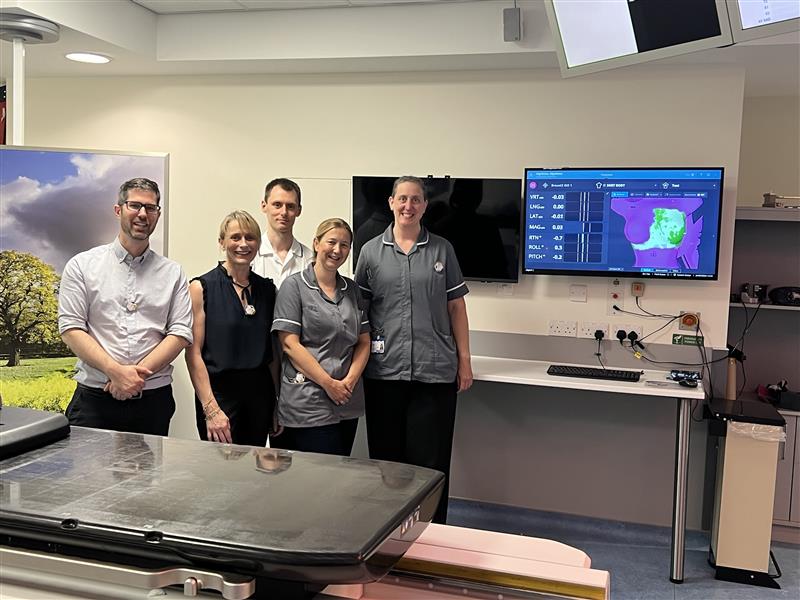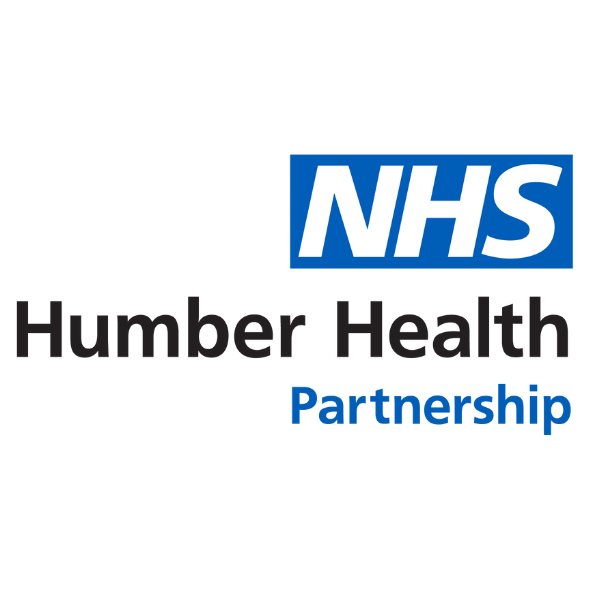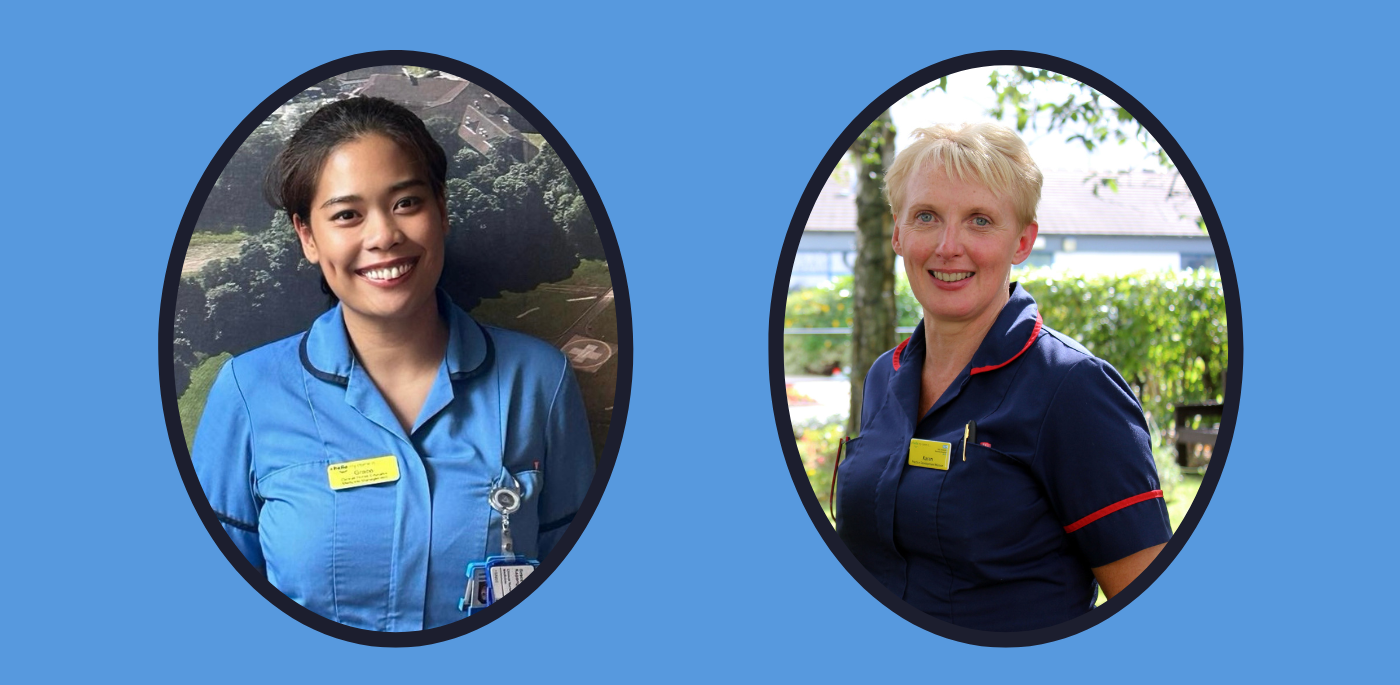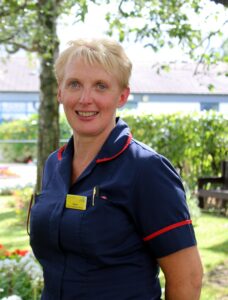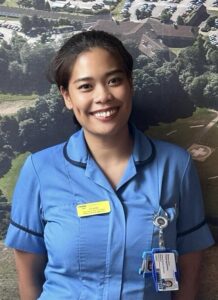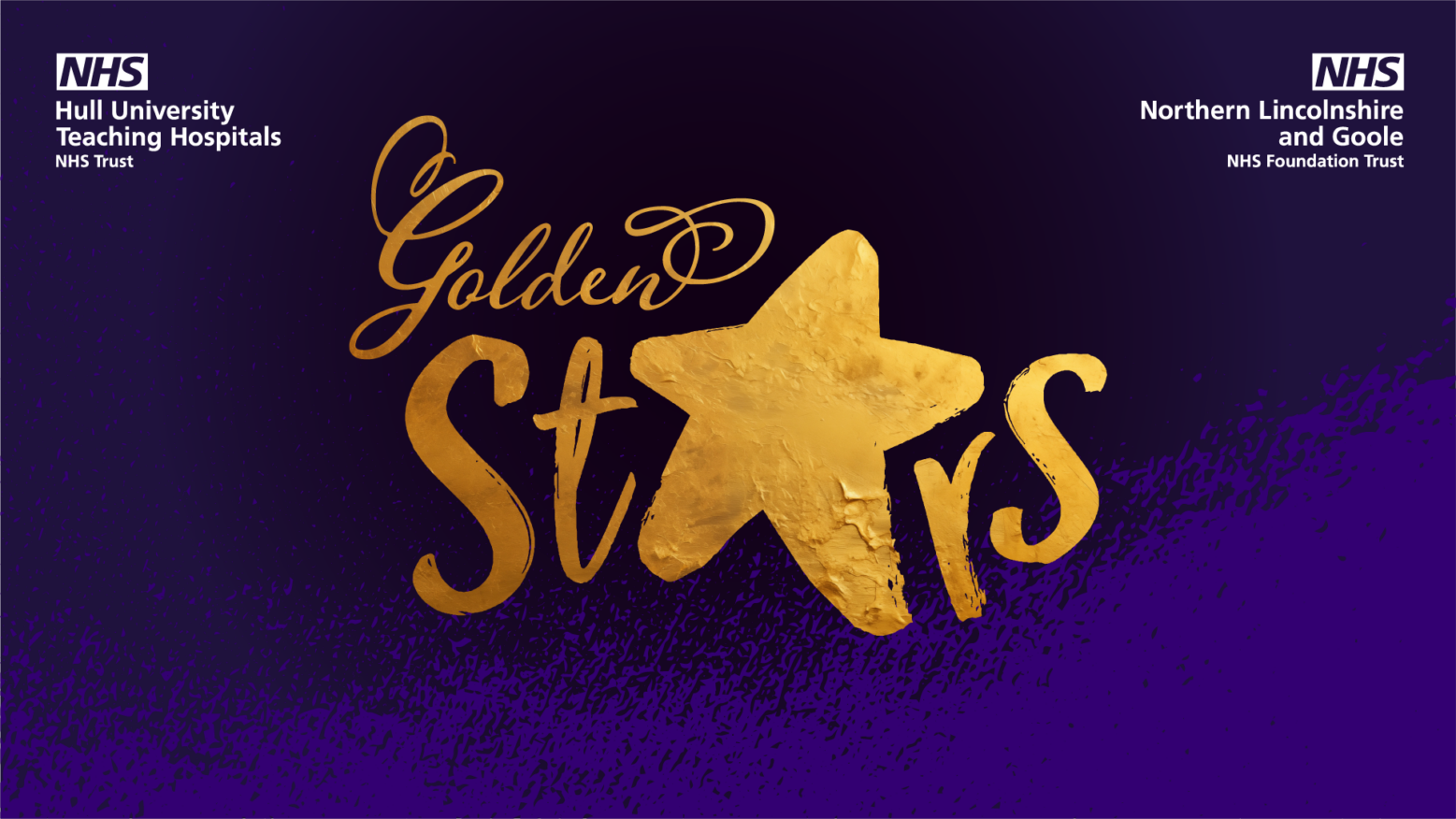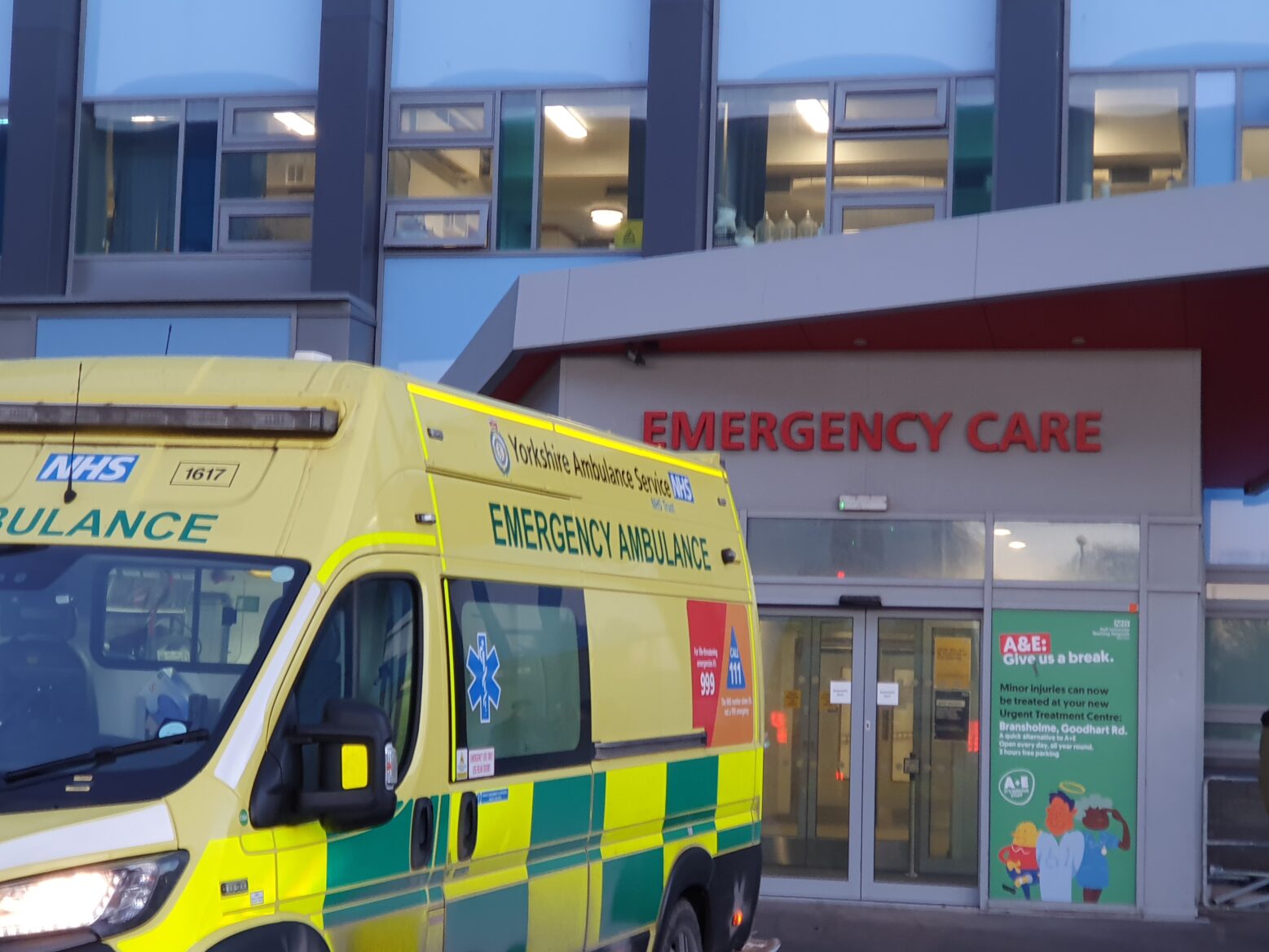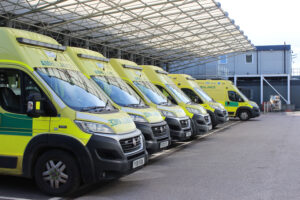A new partnership will see local NHS staff encouraged to make the move to an electric vehicle. As part of wider plans around sustainability, NHS Humber Health Partnership has teamed up with eco-smart tech manufacturer, myenergi, to offer employees a significant discount when purchasing a zappi EV charger. The partnership will help to accelerate the NHS’s transition to electrification, while also providing a smart, reliable, future-proof solution to enable staff to charge at home. 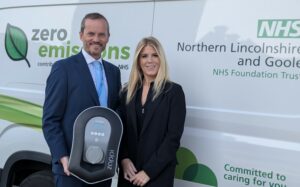 Pictured: Simon Nearney, Group Chief People Officer at NHS Humber Health Partnership and Jordan Brompton, co-founder and CMO of myenergi
Pictured: Simon Nearney, Group Chief People Officer at NHS Humber Health Partnership and Jordan Brompton, co-founder and CMO of myenergi
Designed and manufactured at myenergi’s state-of-the-art facilities in Stallingborough, Lincolnshire, zappi is a smart charger with a difference. As well as being fully grid-compatible as standard, it also has optional charging modes capable of utilising 100% green energy generated by consumers’ own renewable power. This means that drivers can effectively charge their EVs at home for free – zero fossil fuels, zero reliance on the grid.
The NHS is one of the largest employers in Britain and is responsible for approximately 4-5% of the UK’s total carbon footprint. In October 2020, the NHS became the world’s first health service to commit to reaching carbon net zero.
Jordan Brompton, co-founder and CMO of myenergi, commented: “We’re delighted to be partnering with the NHS to help accelerate the organisation’s progress towards net zero. Offering our latest technology at a discounted rate will not only make the transition to electrification easier than ever before for countless members of staff, but also make their daily running costs far cheaper and their commuting footprint even greener.
“With around 80% of all EV charging said to take place on the driveway, it’s important to have a reliable charger – like zappi – that’s not just suitable for charging today, but fit for the future too. Home charging is cheap, convenient and by far the simplest way to keep your EV charged up and ready for the day ahead.”
Simon Nearney, Group Chief People Officer at NHS Humber Health Partnership, added: “We have a forward-thinking approach to sustainability, placing social and environmental responsibilities at the core of decision-making and healthcare services in order to make a real difference to the patients and communities we serve.
“As part of our commitment to reducing or carbon footprint we’re encouraging staff to make the move to electric. We know from feedback that one of the main barriers to this is the high cost of the chargers. This new partnership with myenergi will provide a cost effective solution and help more of our team make the switch to electrification.”
“With myenergi headquartered just down the road in Stallingborough, we’re pleased to be working in close collaboration to offer our staff the benefit of discounted purchase and installation rates on zappi EV chargers.”
From recycling and waste management, to travel and transport and even donating beds and uniforms to developing countries, NHS Humber Health Partnership is committed to sustainability.
Work already undertaken by NHS HHP includes:
- An 11,000 panel solar farm saves Hull University Teaching Hospitals NHS Trust about £250,000 a month in energy bills – generating enough electricity to meet Castle Hill Hospital’s entire daytime running needs during the summer months.
- Improved insulation, windows, and LED lighting will reduce the carbon emissions at Goole alone by 60%.
- Gas boilers and coal fired boilers are being replaced with air source heat pumps across our hospitals and we’re reducing the consumption of anaesthetic gases in a bid to reduce our carbon footprint.
- Sustainability has also been at the forefront of our new Emergency Departments with modern construction methods and materials utilised to minimise the environmental impact of the builds and ensure their future energy efficiency performance is as high as possible.
- We’ve increased our number of electric vehicles and self-charging hybrids and we encourage staff to cycle, walk, take public transport or consider getting an electric vehicle
For more information about myenergi, or the company’s range of eco-smart solutions, visit http://www.myenergi.com.

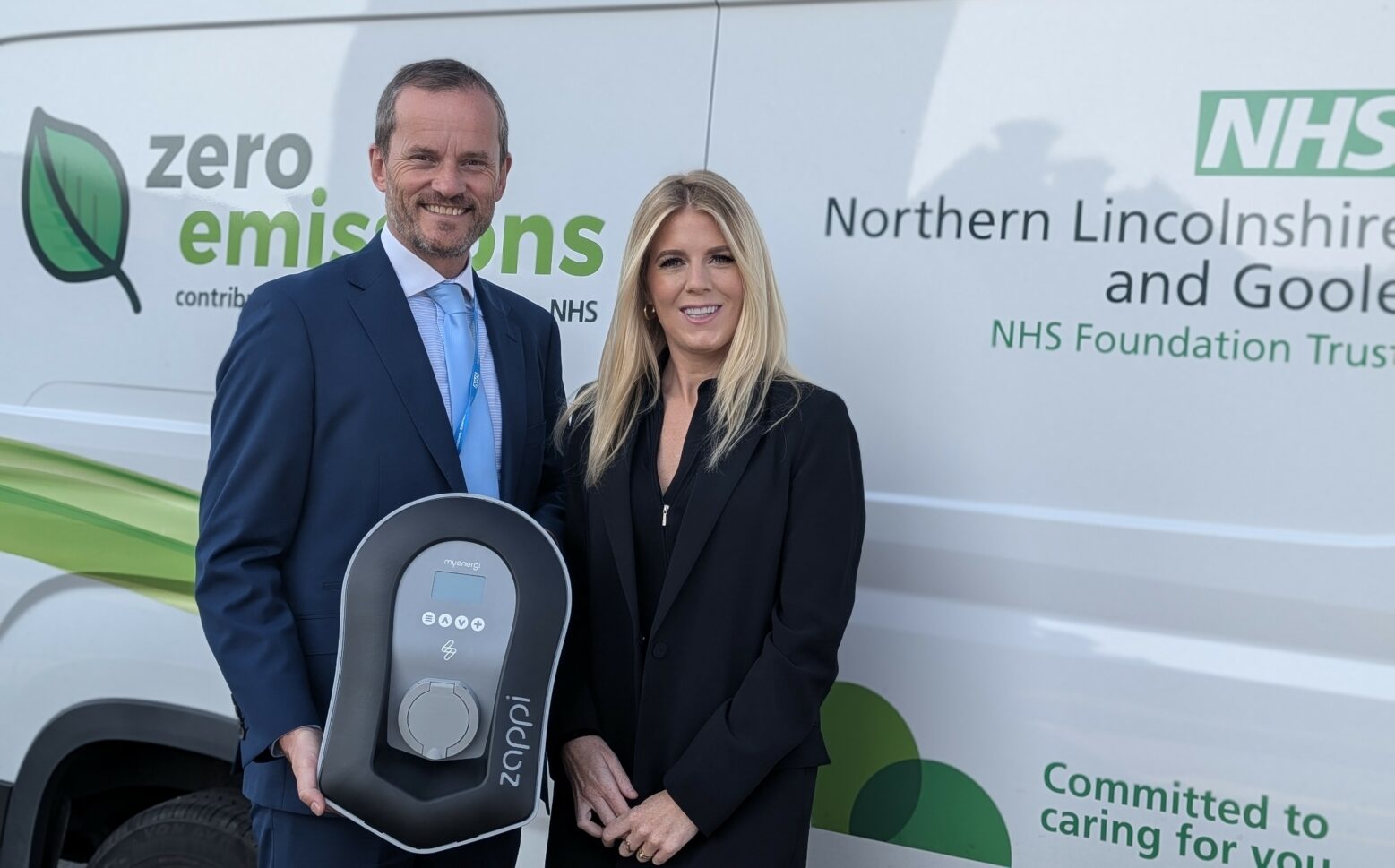
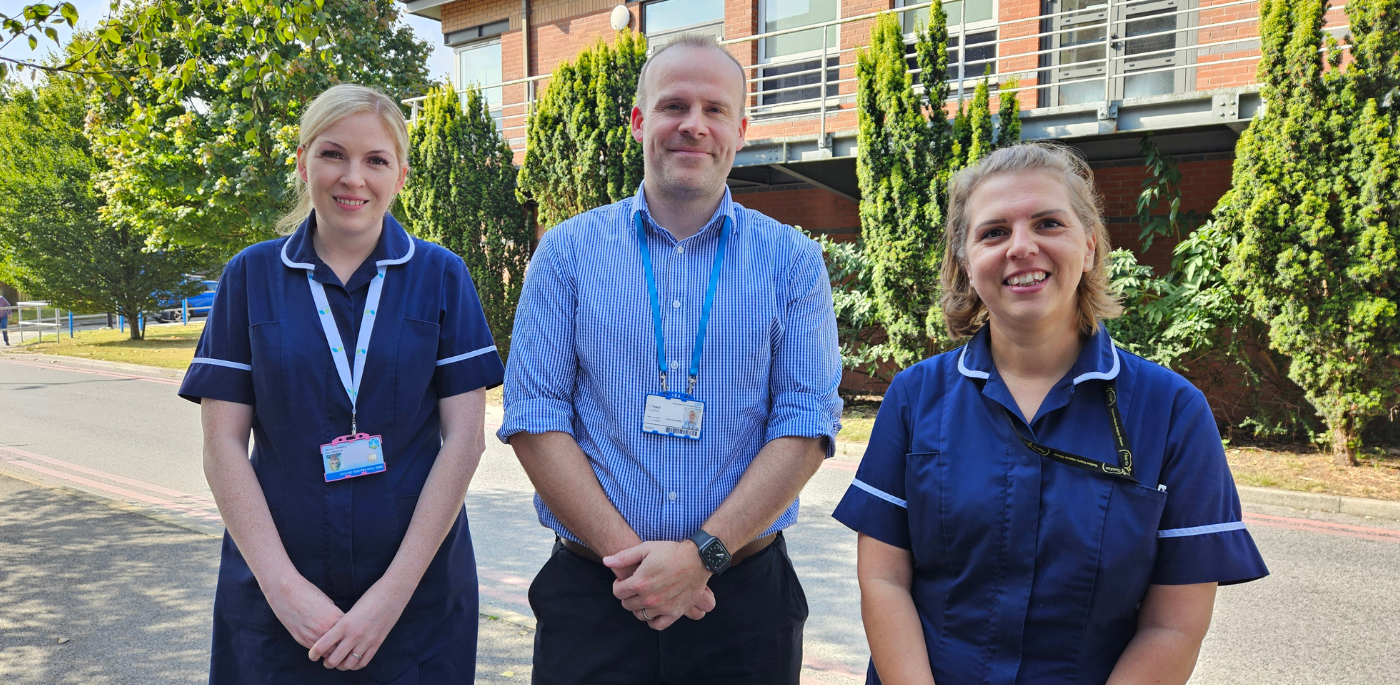
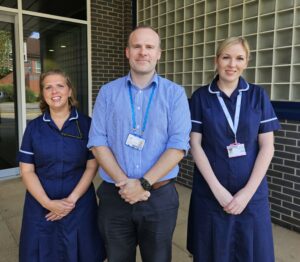
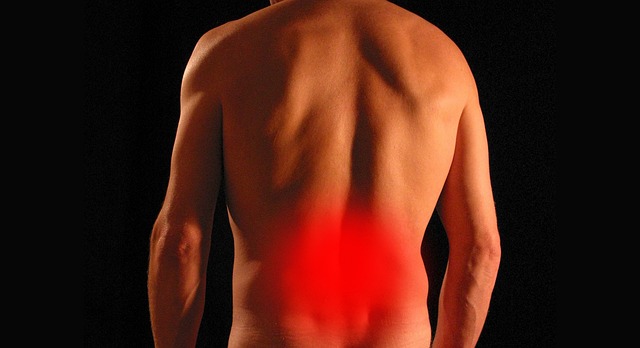

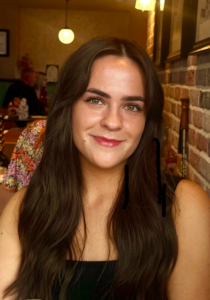


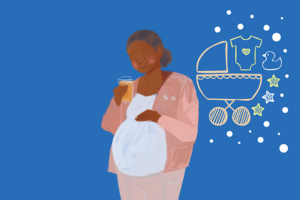 Joanna Melia, Public Health Specialist Midwife at Humber Health Partnership, said: “Eating and drinking healthily during pregnancy means you’re giving your baby a great start to life while looking after your own health.
Joanna Melia, Public Health Specialist Midwife at Humber Health Partnership, said: “Eating and drinking healthily during pregnancy means you’re giving your baby a great start to life while looking after your own health. Your money will stop after your child’s fourth birthday, or if you no longer receive benefits
Your money will stop after your child’s fourth birthday, or if you no longer receive benefits